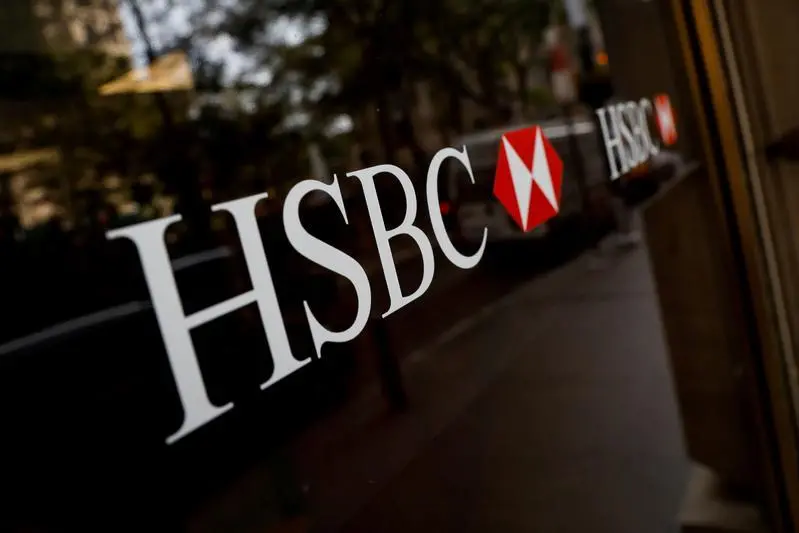PHOTO
LONDON - Pandemics are as good a time as any to sacrifice sacred cows. For HSBC Chief Executive Noel Quinn, that means the bank’s cherished but rigid dividend policy.
The UK-based lender is groaning under the weight of bad-debt charges. First-quarter results released on Tuesday show provisions for expected loan losses grew to $3 billion from $585 million a year earlier, contributing to a 48% decline in pre-tax profit. Quinn reckons full-year bad-debt charges could rise to between $7 billion and $11 billion, as quarantines sap economic growth and push borrowers into trouble.
Despite the pain, and a surge in risk-weighted assets as corporate clients draw down credit lines, $105 billion HSBC is well-capitalised. Its common equity Tier 1 capital ratio dipped only slightly to 14.6%. Peer Citigroup, for one, reported a steeper decline.
The gap can largely be explained by the cancellation of HSBC’s $3.4 billion dividend that was due to be paid on April 14. Quinn axed it at the behest of the Bank of England. HSBC’s CET1 ratio would otherwise have been 14.2%, barely above Quinn’s 14% minimum target. That would have left him less wiggle room for any damage caused by a prolonged crisis.
Though the circumstances are exceptional, they illustrate the value of flexible payouts. HSBC’s policy is to “sustain” the dividend at around 51 cents a share for the foreseeable future, as it has since 2016. That was higher than earnings per share in three of the last four years. Assuming shareholders equivalent to one-fifth of the total accept more shares in lieu of cash, the annual cash cost is $8.2 billion. To fund that sustainably with earnings, Quinn requires a 5.5% return on tangible equity. HSBC slipped below that level in 2016 and probably will do so again this year.
Most banks either have lower fixed payouts, and top up returns with discretionary stock buybacks, or instead link their dividends to earnings. Mimicking that approach would mean HSBC’s retail shareholders, equivalent to 40% of the total, are less likely to be caught off-guard by any future crisis-induced cuts. Quinn might as well use the virus shock to tweak the policy and give his bank more freedom in the future.
CONTEXT NEWS
- HSBC on April 28 reported pre-tax profit of $3.2 billion for the first three months of 2020, 48% less than in the same period a year earlier, and it warned that the pandemic could cause further damage.
- Revenue fell 5% year-on-year to $13.7 billion, while provisions for credit losses increased five-fold to $3 billion. The London-listed lender’s common equity Tier 1 capital ratio was 14.6% compared with 14.7% at the end of 2019.
- HSBC increased its credit impairment charges to $3 billion from $600 million and said the coronavirus could push its full-year provisions for loan losses to between $7 billion and $11 billion.
- At the behest of the Bank of England, HSBC on March 31 cancelled a planned dividend of $0.21 per share due to be paid on April 14. The lender said on April 28 that it would “review our dividend policy at, or ahead of, our year-end results for 2020".
(Editing by Jeffrey Goldfarb and Sharon Lam)
© Reuters News 2020





















